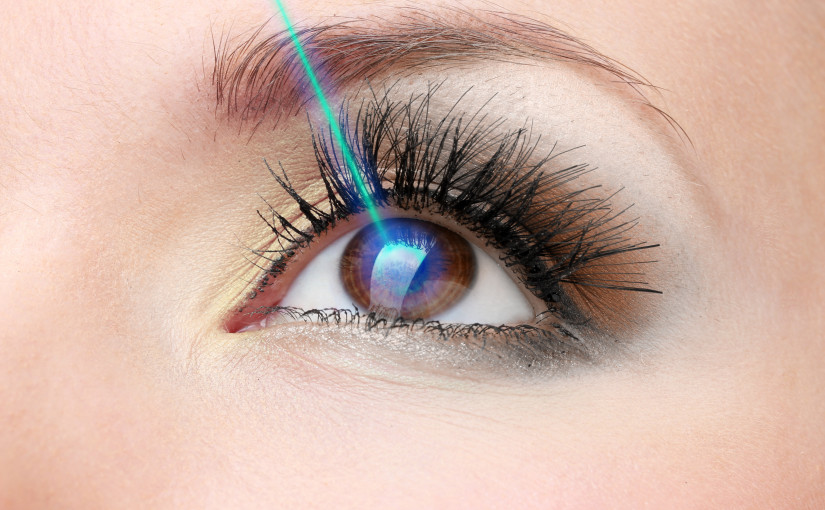Vista Eye Specialists will always suggest the most accurate, safe and long term solution methods to correct vision problems.
Photo refractive keratectomy or PRK, is a type of laser eye surgery used to correct mild to moderate nearsightedness, farsightedness, and/or astigmatism. This procedure has helped give 20/20 vision to approximately 80% to 90% of patients one year after surgery.
PRK For Whom?
This is recommended for patients who have unusually thin corneas as PRK eye surgery doesn’t require an incision in the cornea. PRK is also apt for you if the thickness and/or shape of your cornea may be unusual. In such a scenario a surface treatment like PRK surgery is the correct option which doesn’t require a corneal flap as in the LASIK procedure.
PRK at Vista Eye
If the ophthalmologists at Vista Eye Specialists, Culpeper and Fredericksburg, believe that Photo refractive keratectomy is the best option to correct your vision, you will first meet with an eye surgeon or a coordinator who will discuss with you what you should expect during and after the surgery.
After attaining your medical history, you will undergo eye tests to measure corneal thickness,refraction, corneal mapping, air pressure, and pupil dilation.
Our team will advise you not to wear rigid gas permeable contact lenses starting three weeks before your evaluation. Other types of contact lenses shouldn’t be worn for at least three days before the evaluation.
On the day of your PRK surgery you will be advised to take a light meal and take all the medicines our doctors have prescribed.
The team of eye surgeons led by Dr. Jani at Vista Eye Specialists, VA will remove the thin outer membrane of the cornea, called the epithelium, exposing the surface of the thick central part of the cornea called the stromal bed. A laser is used to reshape the cornea’s stromal surface according to the patient’s vision error. This laser delivers a cool pulsing beam of ultraviolet light on the surface of the cornea, not underneath the cornea, as in LASIK.
Recovery from PRK
As compared to the LASIK procedure PRK takes a longer time to correct vision. This is because PRK involves the removal and absence of the epithelium which takes longer to heal.
One might experience sensitivity to light, mild discomfort, eye irritation and watering, for one to three days following the procedure and our team will prescribe you pain relief medication and other pain prevention support.


